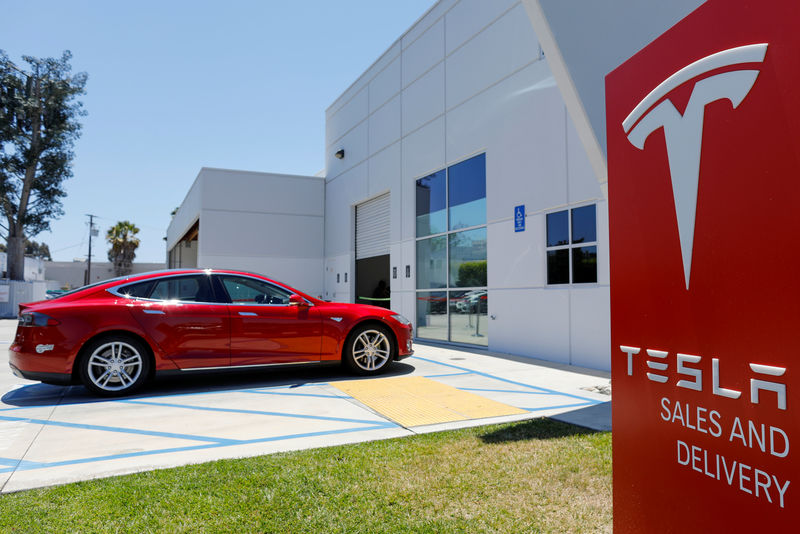Barclays analysts warn that Tesla (NASDAQ:TSLA) is facing continued challenges, citing downward revisions to earnings estimates and pressure on both sales volume and margins.
"EPS revisions down ~50% in the past year, and we see further negative pressure ahead," the bank states. Investors, Barclays says, are waiting for a turnaround in profit margins.
Tesla's strategic shift towards autonomous driving (AV) and artificial intelligence (AI) over mass production of a lower-priced car (Model 2) raises questions the path to sharp EPS inflection by 2030, adds the bank.
Barclays acknowledges the importance of Tesla's automotive business as the long-term revenue driver, with the energy business providing a solid contribution. However, they view the outcome of Tesla's AV efforts as uncertain and don't fully account for it in their valuation.
Barclays highlights a broader slowdown in the electric vehicle (EV) market, calling it a "deep EV Winter." They point out that EV growth outside of China is far lower than expected.
Despite Tesla's price cuts over the last year, sales volume has been sluggish, and 2024 is on track to be a down year compared to 2023, something investors previously thought unlikely.
The analysts expect Tesla to place more emphasis on its non-automotive AI projects, such as the Optimus robot. However, they view these ventures with skepticism, stating they need to see more concrete results before factoring them into their valuation.
Interestingly, despite the weak fundamentals and strategic uncertainties, Tesla's stock price has remained resilient. Barclays forecasts modest volume growth through 2026, with a potential acceleration later in the decade when Tesla finally releases its lower-cost electric car. The timing of this crucial launch, however, remains unclear.
